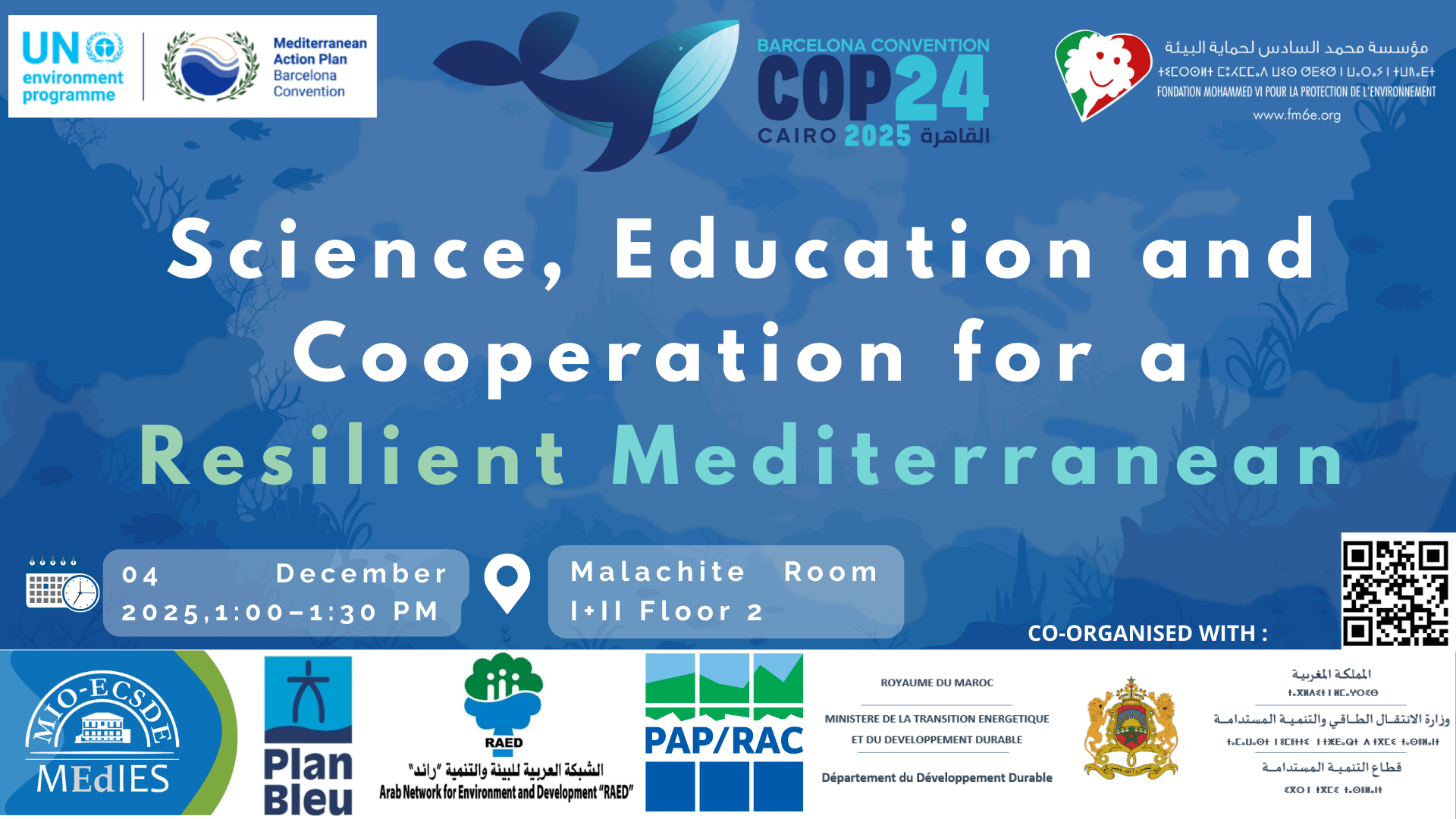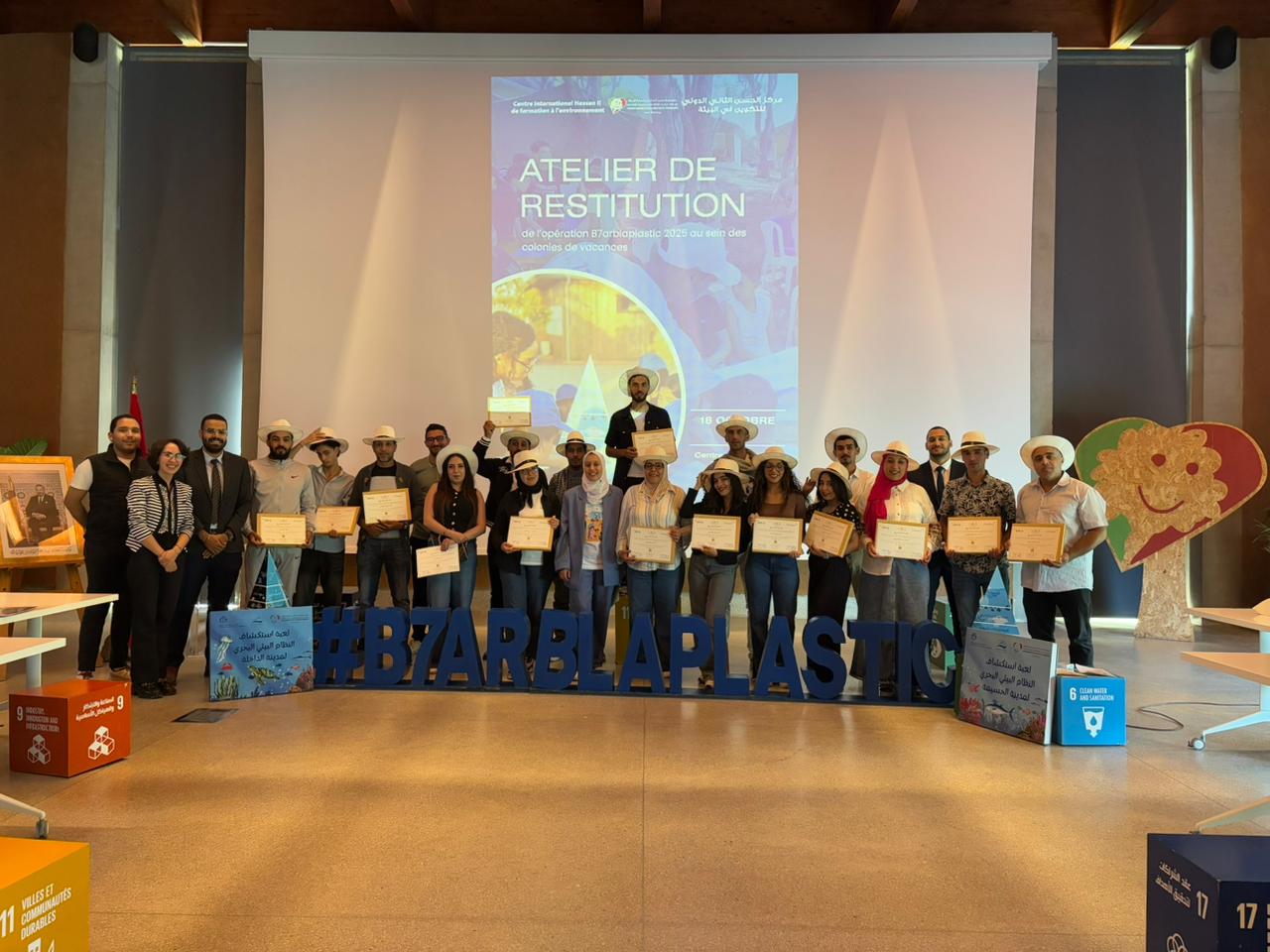
Environmental Education in Cities and Rural Areas: Seeking Greater Harmony
The scale and pace of migration is rising at an unprecedented rate. Migrants flee poverty, hunger, cultural intolerance, conflict, and the effects of environmental deterioration. They also seek new opportunities. In the end, most migrants move from rural areas to urban centres and with this in-migration cities grow. Like an organism, cities exchange material, energy, and information, within themselves and with rural areas. When they consume too much, too fast, they are unsustainable.
Both cities and rural areas suffer from abandonment, changing social relationships, and growing discrepancies in lifestyles and opportunities. Still, rural-urban migrations can bring benefits, freeing rural lands from congestion and fragmentation. But, perhaps most interestingly, distinctions between cities and rural areas are becoming blurred—physically and culturally.
This theme puts critical socio-ecological issues before an audience of environmental educators. It provides us with context for critical questions: What is education to do? What is an appropriate educational response to these complex problems? How can education develop learners’ imagination, resilience, and will to act wisely in the face of seemingly impossible challenges?
In thinking about urban, rural, and hybrid realms, the theme opens up educational questions about the value of seeing the world from different vantages. What are urban learners missing when they do not have access to rural knowledge? What are rural learners missing when they do not have access to urban knowledge? And, what new knowledge is being constructed in hybrid spaces between?
This theme is also a metaphor for broad educational questions. What vantage points are absent from education where you learn and work? What experiences are missing? What values influence educational decisions? What do we need to change in our own educational context to create more complete educational experiences? To enable a more active citizenry?


B7arBlaPlastic 2025 – Feedback Workshop from Summer Camps

Summer Heroes: Committed Training for Plastic-Free Beaches

Plages Propres: Immersive Training in Service of an Exemplary Coastline

National and International Awards of the Young Reporters for the Environment: Moroccan Youth at the Forefront of Ecosystem Protection

In Nice, the Mohammed VI Foundation for Environmental Protection Participates in the 3rd Ocean Conference

Green Time: The roots of tomorrow are planted today !

The Foundation Engages Youth to Enrich Morocco’s NDC 3.0

Green Time: The roots of tomorrow are planted today !























































